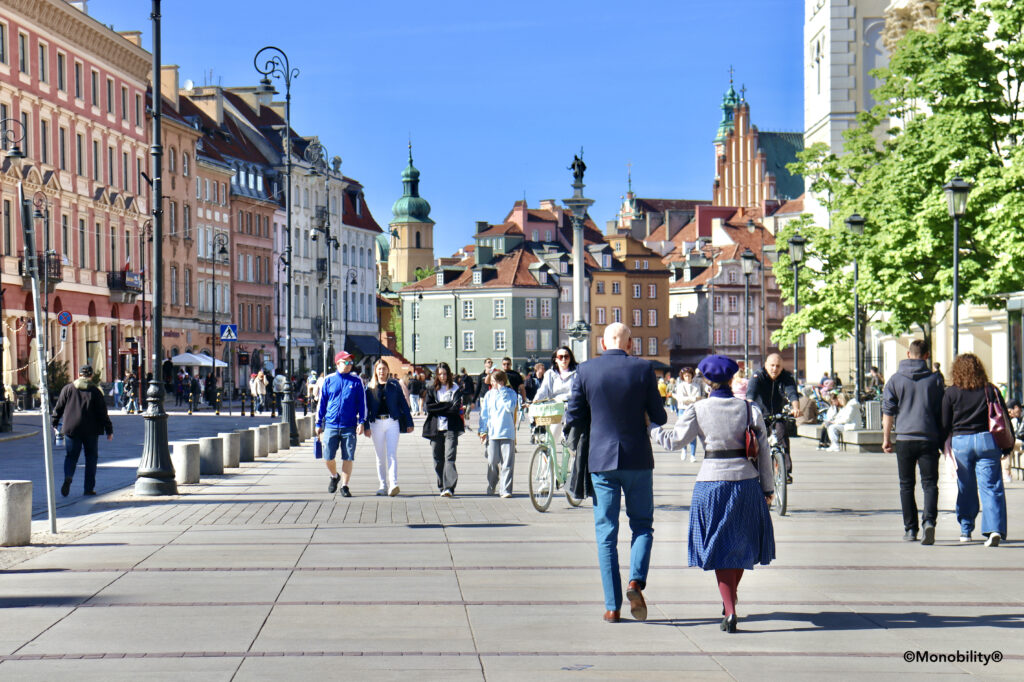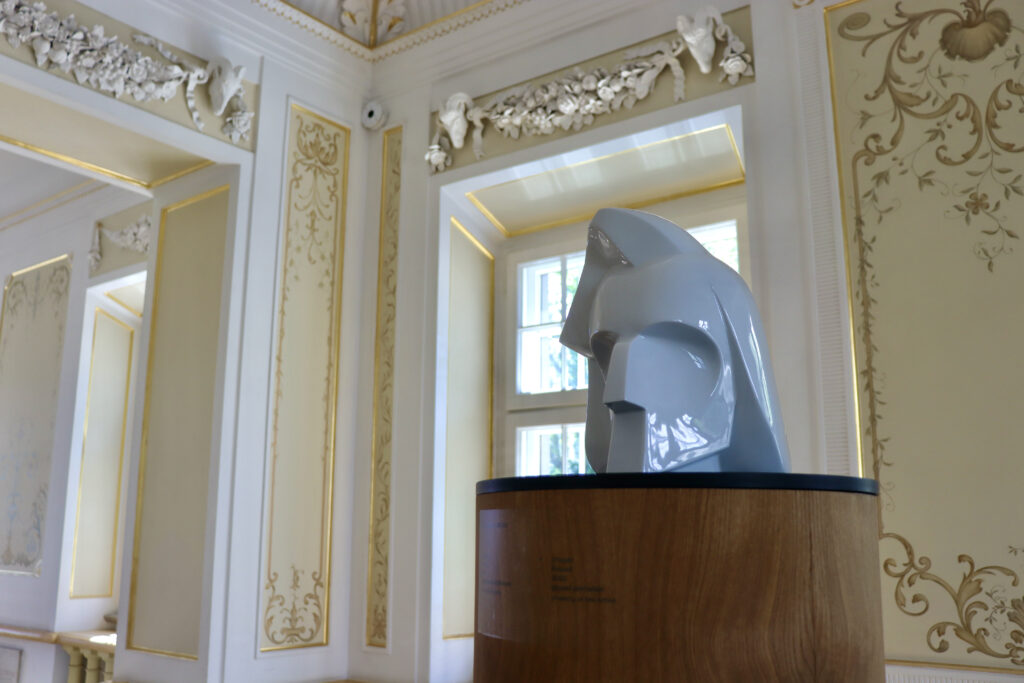If you truly like Korean movies and dramas, you are expected to be able to speak some Korean, at least something simple. If I told you that I love your culture, and couldn’t say one simple sentence in your language, would you believe me? You wouldn’t trust me as a person. Koreans wouldn’t, either. As a Korean-lover not speaking Korean, you might manage to survive at first, but soon you will lose the trust of the Koreans around you, ending up being treated as another poser or another Asian fetishist at best. Learning to speak the language of the culture you love is a legitimate expectation in any country.
So imagine that you’ve met a Korean friend, and during your conversation, try to say in Korean, “The movie I watched yesterday is Korean.” It is a simple sentence, but what might bother you is the relative clause that modifies “the movie 영화.” Korean relative clauses precede the modified noun, and the verbs conjugate differently from main verbs. Their conjugation depends on the tense. It is because in Korean, it is the ending of the verbs that works as relative pronouns or conjunctions of most European languages:
- 내가 보는 영화 The movie that I watch
- 내가 본 영화 The movie that I watched
- 내가 볼 영화 The movie that I will watch
Do you see the difference in endings of the verb 보다 (to see/watch), which specify the tense of the relative clauses? 보는, 본, and 볼. They look different enough, but when they are spoken quickly, they may confuse you. Just as “I watch” and “I’ll watch” might sometimes sound the same to non-native speakers. Likewise, pay particular attention to the verb endings in a relative clause. Here is the rule:
- Present: -는 [ Add -는 after the verb stem, regardless of whether it ends with a vowel or a consonant.
- Simple Past: -ㄴ/은 [ -ㄴ after the verb stem that ends with a vowel, -은 after the ones with a consonant. ]
- Future: -ㄹ/을 [ -ㄹ after the verb stem that ends with a vowel, -을 after the ones with a consonant. ]
To practice, you can apply the rule to another set of sentences below:
- 내가 사랑하는 사람 The person I love
- 내가 사랑한 사람 The person I loved
- 내가 사랑할 사람 The person I will love
Don’t worry too much about confusion due to the similarity of sounds. Even Koreans sometimes can’t catch the subtle difference between them, and ask for clarification: “야! 뭐? ‘사랑하는’이야, ‘사랑한’이야?” So, don’t be scared. When in doubt, just ask.
In a beautiful farewell song, 편지 (2000), the culmination of the heartwrenching emotional expression is the seventh line, ‘오 사랑한 사람이여 더 이상 못 보아도’ (O my beloved, even if I can’t see you anymore,). I reluctantly had to translate, perhaps too roughly, ‘사랑한 사람이여’ as “my beloved” or “mon amour,” for the lack of English/French poetic words that correspond to this Korean expression. But now you will understand what 사랑한 사람이여 means in the Korean original lyrics. It is not exactly an everyday wording, but rather an elegantly sculpted expression by the lyricist’s intention. First, the lyricist used the past tense 사랑한, not the present tense 사랑하는. This song is about a final farewell after a long, difficult, unfortunately failed love, which has become the past. Second, the subject and the object of the relative clause are omitted. It is not clear whether it is 오 내가 사랑한 사람이여 (Oh, the person I loved) or 오 나를 사랑한 사람이여 (Oh, the person who loved me). Or, 사랑한 사람 may even mean, “someone who loved (another person so much).” As you may already know, Korean sentences are full of omitted subjects and objects. And the lyricist, 허승경, who is the wife of the composer/singer of this song, 김광진), artfully transformed the omission and ambiguity into a sublime simplicity embedded with quintessential Korean lyrical expressiveness.
If you want to learn more about the real story behind this song, please read:
This awesome creation by the husband and wife singer/songwriters was covered by an armada of 24 other professional singers for the last 25 years. Out of all of them, 에일리 Ailee’s performance predominantly beats everyone else, hands down. Hey, that’s the way Korean-American artists sing a song! Way to go, Ailee! Your art is finally turning good songs into great masterpieces. It’s about time to get a talented composer to write some good Korean ballads just for you to sing.

Level B1: You take a taxi in Seoul, and the driver doesn’t seem to understand you. How would you say the following sentence in Korean?
The place I’m going to is Gangnam.
Level C2: How would you say the following sentences in Korean to your close friend?
The Korean drama genre that I like the most is historical dramas.
So, the drama I watch every week now is The Haunted Palace.
Besides, the drama’s lead actress Kim Ji-yeon is the actress I liked a lot before.
The role she plays in that drama is a perfect fit with her image.
Monobility® Group



